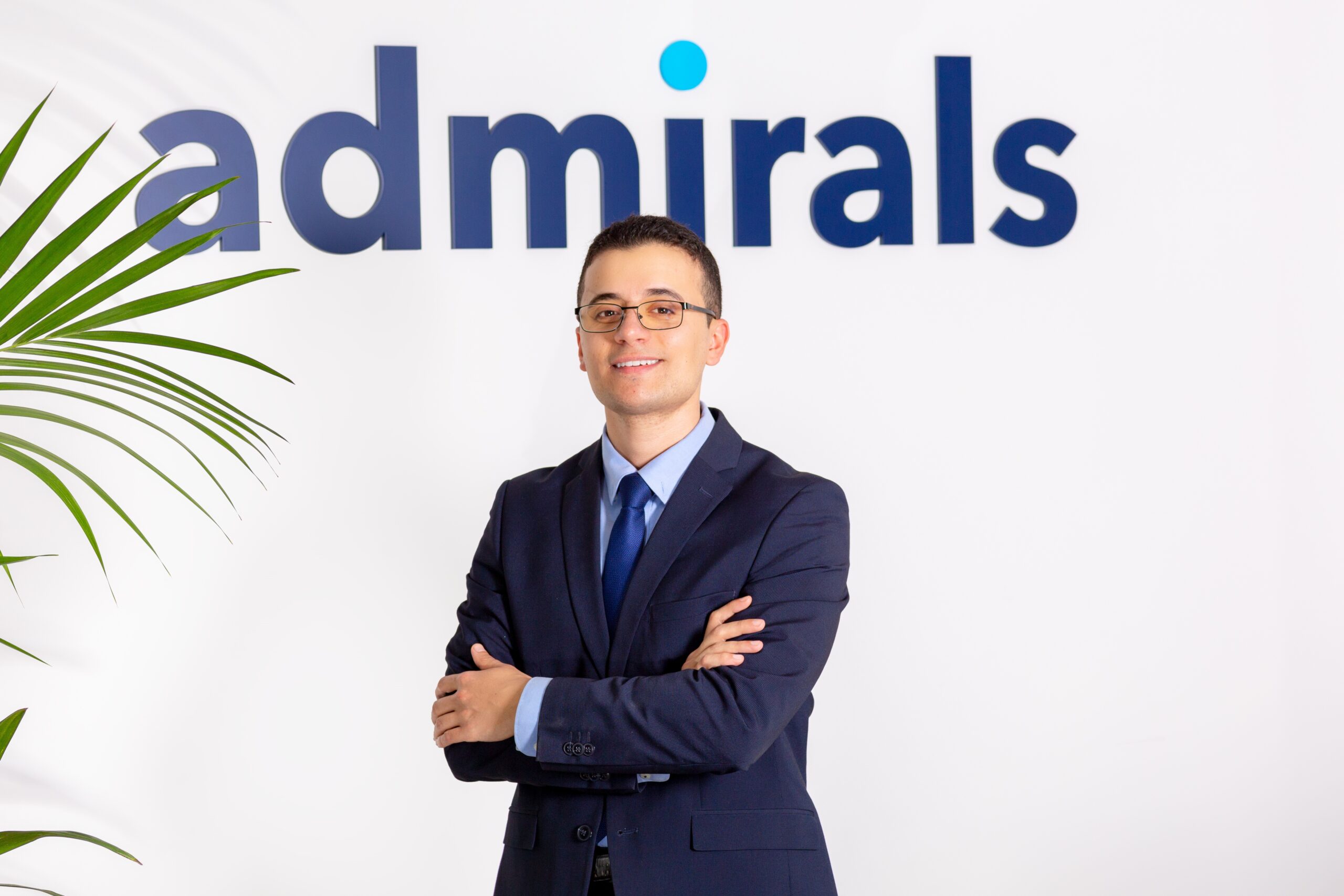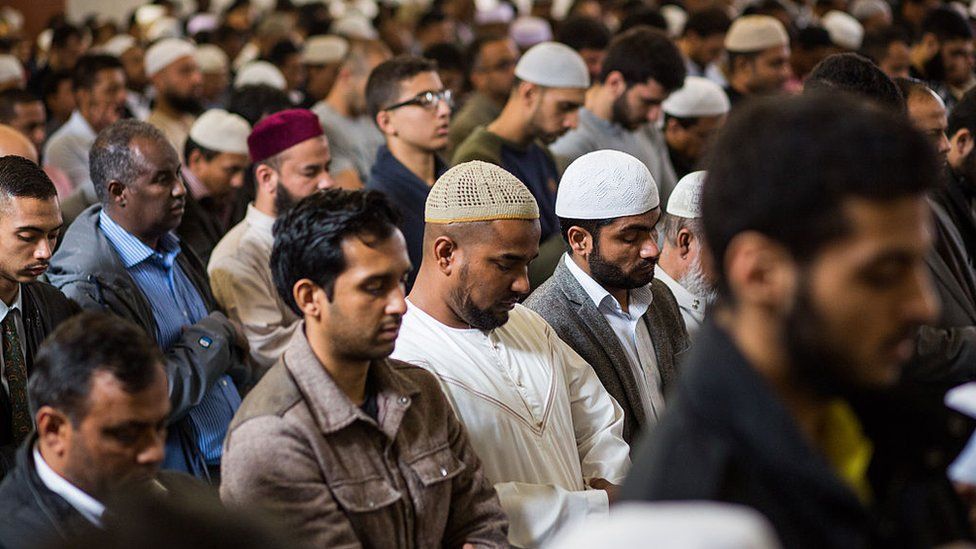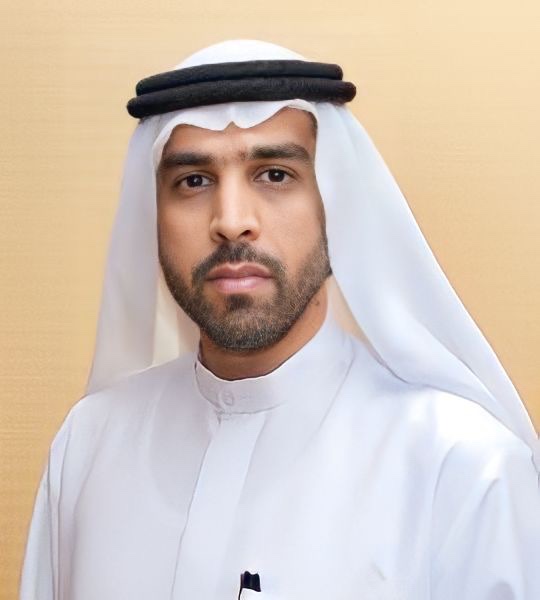Abu Dhabi hosts the world’s largest investment forum
Abu Dhabi, United Arab Emirates, 21 March 2023: The capital of the United Arab Emirates, Abu Dhabi, will be hosting the 12th edition of the Annual Investment Meeting (AIM Global 2023) to be held on May 8 to 10 under the theme “The Investment Paradigm Shift: Future Investment Opportunities to Foster Sustainable Economic Growth, Diversity and Prosperity” with over 600 high-level speakers participating in more than 160 dialogue sessions.
Abu Dhabi’s hosting of the AIM Global for the first time, which is supported by the Ministry of Industry and Advanced Technology in partnership with the Abu Dhabi Department of Economic Development, is aligned with the emirate’s efforts to further strengthen its economic position in the region and to promote foreign direct investments among the countries of the world by consolidating investment opportunities aimed at sustainable development and leveraging digital technology.
Dawood Al Shezawi, Chairman of the Annual Investment Meeting, said: “The Annual Investment Meeting, the largest investment forum, has succeeded throughout its previous editions in solidifying the position of the United Arab Emirates on the global investment map, and in pushing forward its progress over the next 50 years.”
He added that organizing the 12th edition of the Annual Investment Meeting in Abu Dhabi, which has established itself as a preferred and thriving business and investment destination, is a result of its proactive ability and flexibility in dealing with changes and developments to stimulate and support appropriate events and talents, and providing innovative solutions to face current and future challenges.”
He also stressed that they are continuously working to establish the foundations of a business system that provides opportunities for growth and prosperity for investors to achieve sustainable economic and social development goals.
“The event provides businessmen and investors with the opportunity to meet, establish strategic agreements and partnerships, expand their businesses, and introduce new channels of work that are offered by the available investment sectors that are abundant in the emirate of Abu Dhabi and the entire United Arab Emirates,” Al Shezawi added.
The Annual Investment Meeting brings together a high-level group of leaders, government officials, decision-makers, businessmen, major regional and international investors, key global companies and organizations, as well as smart city solution and technology providers and a number of startups and institutions financing small and medium-sized projects, over the course of three days.
Its main purpose is to discuss how to better utilize technological innovations to augment investments in companies, encourage technology transfer, and increase competitiveness for countries to achieve economic growth through sustainable investments, and exchange views with governments to create stronger economic structures for investors and unify opportunities for the sustainable growth of the economy.
This year’s 12th edition seeks to expand the scope of work by launching a range of activities that will benefit all of its participants. It will focus on two main tracks, Investment and Innovation & Technology, and on 10 key sectors, which include Agriculture, Energy, Technology, Infrastructure, Manufacturing, Tourism & Hospitality, Transportation & Logistics, Finance, Healthcare, and Education.
The event agenda
The Annual Investment Meeting has in its agenda a series of activities and programs, such as a specialized exhibition, investments roundtables, investment awards, startup awards, investor’s hub, investment destinations, B2B,G2B, G2G meetings, regional focus forums as well as pre-conference workshops.
In addition, several side conferences and events will be organized and hosted, including “Make it in the Emirates”; “Invest in Abu Dhabi”; “Road to the World Investment Forum” in collaboration with the United Nations Conference on Trade and Development; “Entrepreneurs Investment Forum” with the United Nations Industrial Development Organization (UNIDO); “Bloomberg New Energy Finance Forum”; “Future Finance Forum” with the Union of Arab Banks; “World Local Production Forum” with the World Health Organization; “Tourism Investment Forum” with the United Nations World Tourism Organization (UNWTO); “Agriculture Technology & Food Security Investment Forum” hosted by the Food and Agriculture Organization of the United Nations; “Least Developed Countries Forum” in partnership with the World Association of Investment Promotion Agencies; “Finoverse Forum”; “Distressed and Alternative Investment Forum” with the DDC Financial Group; and “Advanced Manufacturing Investment Forum” to be hosted by UNIDO.
Entrepreneurs Investment Summit (UNIDO)
Entrepreneurs Investment Summit 2023, organized by the Arab Bank for Economic Development in Africa, the Union of Arab Chambers, and the Investment and Technology Promotion Office of UNIDO in Bahrain, aims to create a platform for promoting bankable investment opportunities led by entrepreneurs/SMEs and macro investments from African and Arab region.
It also seeks to share best practices and experiences from Africa and the Arab Region on the means of stimulating and unleashing entrepreneurship and joint investments, and deliberate on the challenges, opportunities, threats, and the road forward towards achieving the Arab-African economic integration.
The Future Finance Forum
The Future Finance Forum, organized in collaboration with the Union of Arab Banks, will provide a platform for stakeholders from government, industry, civil society, and academia to engage in a comprehensive examination of the trends and challenges shaping the future of finance.
The theme of the forum “Leveraging Innovative Technologies for Financial Inclusion and Sustainability” reflects the recognition of the critical role that financial innovation plays in promoting inclusive and sustainable development.
Tourism Investment Forum(UNWTO)
The UNWTO is organizing the Tourism Investment Forum following the unprecedented and extensive disruption caused by the COVID-19 pandemic in the tourism sector, which requires a quantum leap in tourism investments to better support and accelerate the implementation of the 2030 Agenda and the Sustainable Development Goals.
There is growing consensus among tourism stakeholders as to how the future resilience of tourism will depend on the sector’s ability to balance the needs of People, Planet and Prosperity.
In line with these goals, the Tourism Investment Forum provides an opportunity for governments, private sector investors, multilateral financial institutions, and development banks to enhance their coordination and combine their capacities and resources to turn priorities into investable projects by unlocking the potential of a new and redefined tourism investment approach.
Bloomberg New Energy Finance UAE Forum
The Bloomberg New Energy Finance UAE Forum discusses the dynamic shift in demand for traditional commodities such as oil, gas, and metals in light of the transition to a low-carbon economy, as newer commodities such as power, carbon, hydrogen, and even sustainable aviation fuels will see their landscape change. Participants will also address several questions, such as the role of “clean energy molecules” and what energy producers in the Middle East should expect.
The forum will also present the results of the New Energy Outlook report and the various net-zero pathways that can emerge for countries and sectors, with the Middle East playing a role in supporting the pathways of other countries.
Distressed and Alternative Investment Forum
The DDC Financial Group’s Distressed and Alternative Investment Forum features two dialogue panels. The first, “The Role of Distressed & Alternatives in a Diversified Portfolio,” discusses the available opportunities for investors in the field, the current economic environment and how rising interest rates are creating a unique set of opportunities for distressed debt investors that has not been seen for over a decade.
The second session sheds light on the Global Distressed and NPL Investing, providing insights into strategies and opportunities available in this field. It involves a discussion on the different asset classes in this sector of the market, including real estate, corporate, and consumer debt, the secondary market, as well as the panelists’ sharing of their experiences and analysis of investing in distressed and NPL assets across different geographies, including emerging markets and developed economies.
It also covers the challenges and opportunities of investing in these markets, taking into account macroeconomic conditions, industry-specific trends and the unique regulatory and legal frameworks that govern these transactions.
The Finoverse Arabia Forum
The Finoverse Arabia Forum discusses the role of FinTechs and the adoption of technology in shaping the future of financial and banking institutions, as well as maximizing their efficiency and profits. It also explores the lessons learned from founding and developing startups, and sharing best practices through several panel discussions that address the intersection of FinTech, artificial intelligence, and Web3.
This includes transforming business models and strategies across sectors, while addressing the infrastructure gaps and regulatory challenges. The advantages of investing in building a trusted Internet network across regions are also reviewed, along with strategies for securing and attracting the best talent to fuel Web3’s continued growth.
The AIM Global 2023 is preceded by a series of professional interactive training sessions, led by experienced industry experts from all over the world. There will also be a range of workshops sessions aimed at enriching the participants’ experience and informing them about profitable investment opportunities.
These workshops will be held one day prior to the event, where governments, smart city solution providers, startups, small and medium-sized companies, and investment opportunity providers touch base to achieve economic growth for their respective countries and regions.
For more information, please visit the AIM website at www.aimcongress.com.
-Ends-


